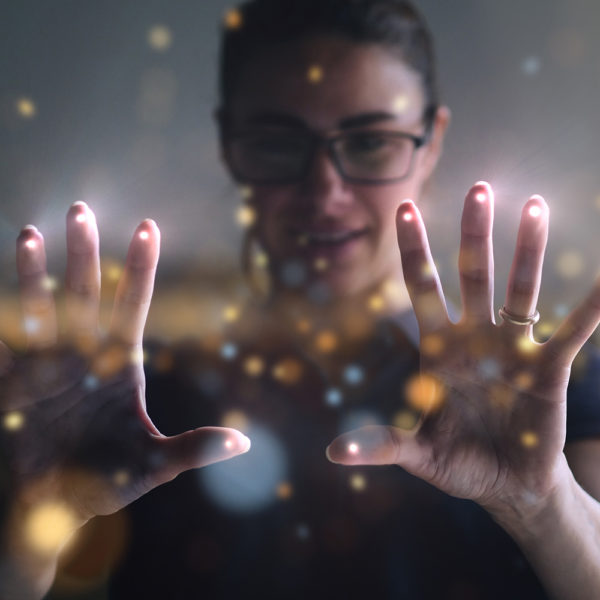
What is an Experiential Event?
The buzzword of the day is ‘experience.’ Brands have actively shifted their marketing approach to make sure consumers are involved emotionally. Brand experience, brand activations, and experiential marketing are methods brands are employing to create memorable moments and engage their audience. This is done through social media, guerilla marketing campaigns, brand pop-ups, and of course, corporate events.
With this experience mindset, corporate events are prime opportunities to create brand loyalty. Enter the world of experiential events. Read on to discover why experiential events are the ideal way to create memorable experiences.
Storytelling is Now Story Experiencing.
Experiential events are functions that incorporate sensory elements to create a memorable experience. Experience-rich events evoke feelings, sensations, perceptions and emotional responses – and studies suggest it’s this type of engagement that establishes connection and loyalty to a brand.
In recent years, brands sought to tell a story. Narratives that evoked nostalgia or relatable moments connected consumers to a brand. But, what if that story came to life? What if the smells, the sights, and the feelings were delivered in a 360-degree, real-world environment? That is the mission of an experiential event.
Create an Experience-rich Event
So, just how do you create this type of event? The answer isn’t so simple, and it depends greatly on your audience. Creativity and strategy are at the core of an event’s success. Clear goals and a practical understanding of your vision must work in unison to create a memorable experience.
Most importantly, your experiential event must evoke behavioral responses. This might include things like:
- Interactive kiosks where attendees can engage in hands-on activities
- Powerful visuals like dramatic lighting and large format video screens
- Unexpected and artful food and beverages
Consider that an experiential event doesn’t always start with a gala or a tradeshow. It can often begin with a brand activation or brand pop-up, and experiential events can build on this momentum.
For example, look at this example from Tribord, a watersports equipment company. They created a fake drink to engage consumers with their new floatation jacket with a brand activation. An experiential event might include a corporate function where their digital campaign was broadcast on large screens, leveraged in an Under the Sea event at an oceanside venue. Carefully crafting smells and sounds, catering selections and strategically placing their product into the environment where guests can interact with the brand sets the stage for an experiential event.
There is no set definition of an experiential event, and that can make the task of creating one challenging. Still not sure how to activate your brand with an experiential event? We are here to help. Experience-based events are what we do best! Contact us today to start designing your next brand experience.
